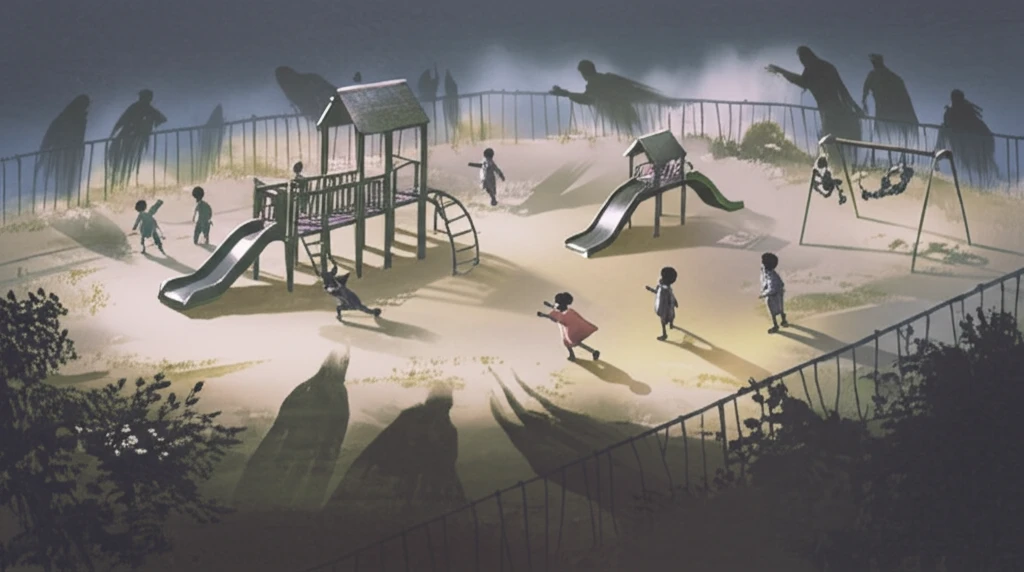
The Shadow Side of Free Love: Unpacking 1970s Child Welfare, Abuse, and the Pedophilia Debate
"Exploring the dark undercurrents of a seemingly progressive era, revealing the complex realities behind calls for sexual liberation and the vulnerabilities of children."
The 1970s, often romanticized as a decade of liberation and social change, saw a radical shift in societal norms, particularly concerning sexuality. Terms like free love dominated discussions, challenging traditional values and advocating for individual freedoms. However, lurking beneath this progressive veneer were unsettling realities, especially concerning child welfare and the rising debate around pedophilia.
While progressive thinkers advocated for sexual liberation, particularly in the context of traditional education and care systems, cracks began to emerge. Reports of violence, neglect, and abuse within residential child homes painted a grim picture, a stark contrast to the utopian ideals of free love. This essay explores this paradox, examining how calls for sexual liberation intertwined with the harsh realities faced by vulnerable children in the care system. It investigates the complex interplay of advocacy for sexual freedom, the critique of institutional violence, and the disturbing rise of the pedophilia debate.
The stage was set on June 1979, during the 18th Evangelical Church Congress in Nuremberg. Amidst the crowd of mostly younger visitors, a small group gained particular attention. Members of the Nuremberg "Indianerkommune" were on hunger strike in front of St. Lorenz Church for almost 2 weeks, demanding more children's rights. They also included the 'legalization of all tender sexual relationships between adults and children that are non-violent and based on free agreement,' i.e., the decriminalization of pedosexual acts.
The Harsh Realities of Child Welfare in the 1970s

The 1960s and 70s witnessed increasing scrutiny of the child welfare system, particularly concerning residential care facilities. Reform-minded experts critiqued the system's focus on obedience and control, highlighting instances of violence, neglect, and psychological manipulation. Terms like "total institutions" were used to describe the oppressive environments within these homes, where children were often subjected to strict rules, harsh punishments, and a lack of individual attention.
- Overcrowding and understaffing led to neglect and inadequate supervision.
- Punitive disciplinary measures included physical punishment, isolation, and denial of basic necessities.
- Lack of emotional support and individual attention hindered healthy development.
- Limited opportunities for education, recreation, and personal growth stifled children's potential.
A Disturbing Legacy
The debates and failures surrounding child welfare in the 1970s serve as a chilling reminder of the dangers of unchecked ideologies and the vulnerability of children within institutional settings. While discussions around sexual liberation may have held progressive ideals, they also created space for harmful discourses and practices that prioritized adult desires over the safety and well-being of children. Examining this complex history is crucial for understanding the ongoing challenges in child protection and the importance of safeguarding vulnerable populations from abuse and exploitation.
